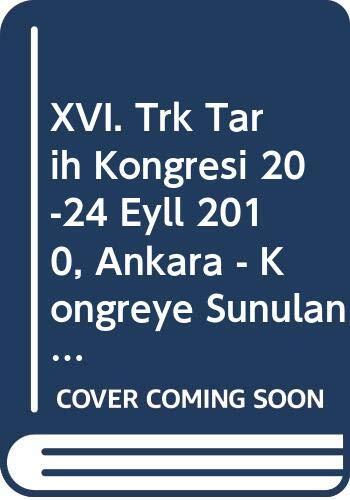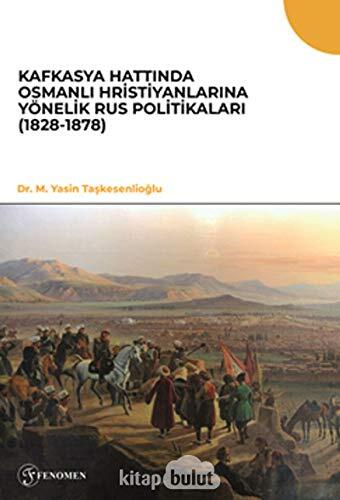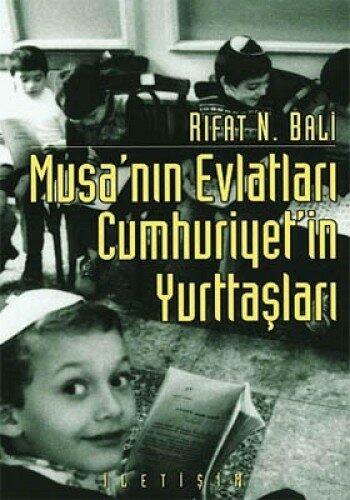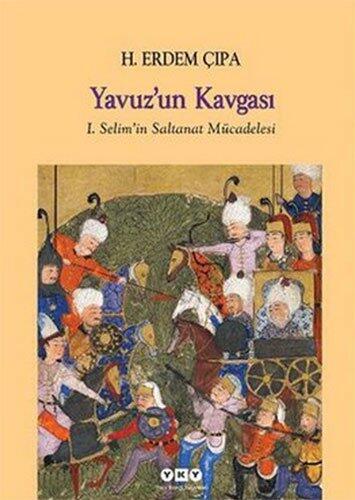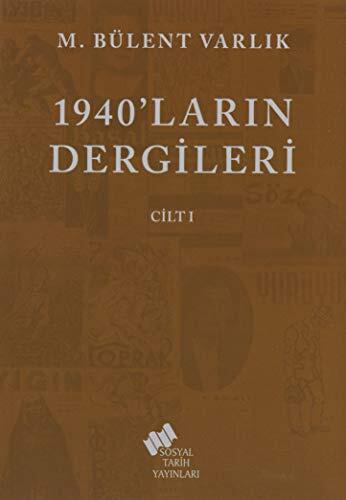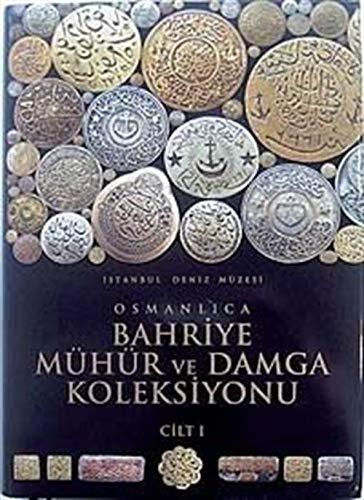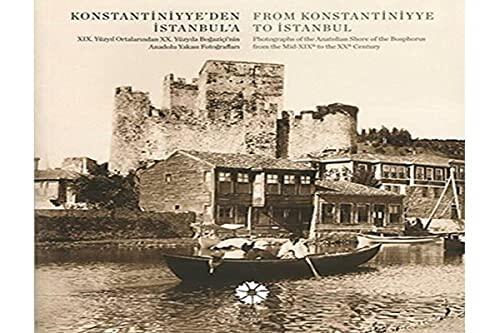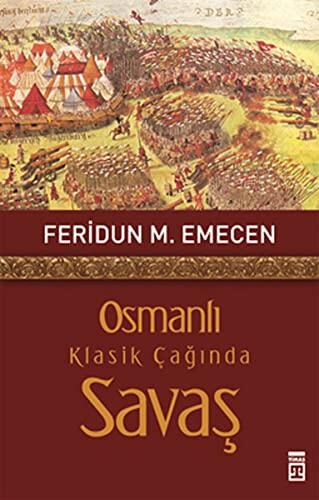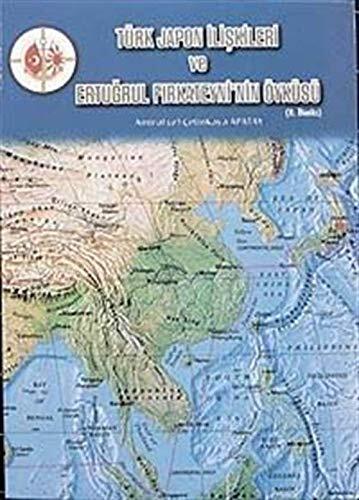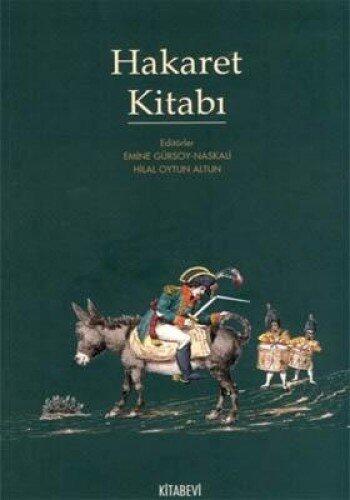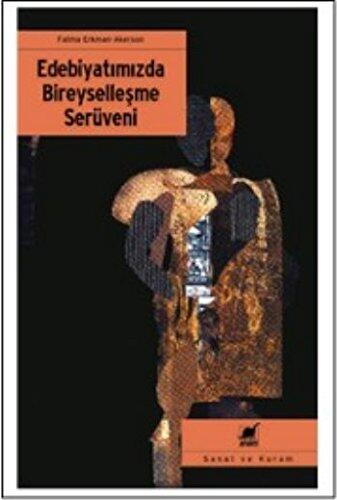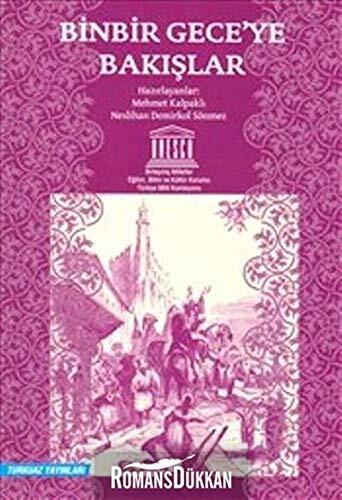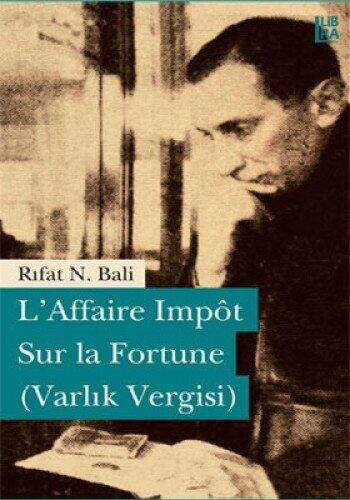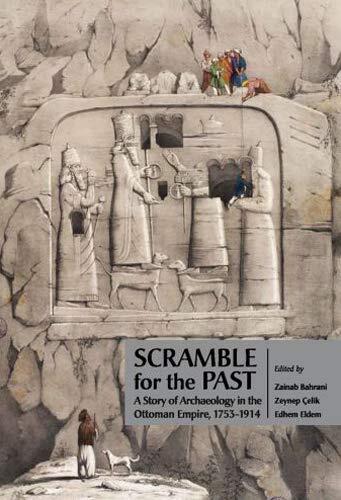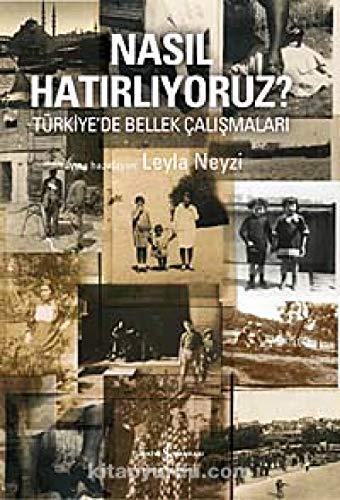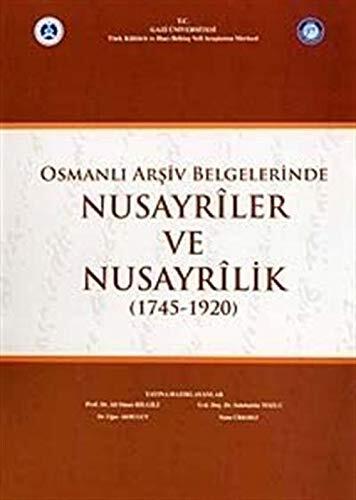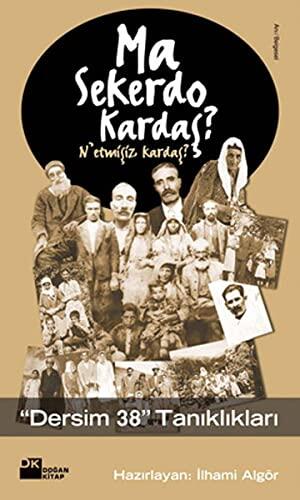
Ma Sekerdo Kardas? N'etmisiz Kardas? - Dersim 38 Taniklari
まだ評価がありません
History
形式
ペーパーバック
ページ数
159
言語
トルコ語
公開されました
Jan 1, 2010
出版社
Doğan Kitap
ISBN-10
6051115773
ISBN-13
9786051115771
説明
Set against the backdrop of a tumultuous historical event, this work delves deep into the memories and testimonies of those who experienced the upheaval of Dersim in 1938. Through a series of poignant narratives, it sheds light on the personal stories of survival, resilience, and loss that define this period. The voices of the survivors resonate vividly, painting a profound picture of the struggles they faced and the indomitable spirit they exhibited in the face of adversity.
These accounts weave together a tapestry of experiences that highlight the complexities of identity, culture, and belonging. Readers are invited to witness the impacts of political decisions on everyday lives, drawing them into the emotional landscape of a community forever altered. Each testimony serves not only as a historical document but as a testament to the enduring human spirit, compellingly capturing both the despair and hope that emerged from such a tragic chapter.
As the narratives unfold, they raise important questions about memory and history, urging reflections on how societies remember and interpret their pasts. The storytelling is intimate, making the historical event both relatable and deeply personal. This careful documentation of history through individual experiences offers valuable insights not just into the past of Dersim but also into broader themes of justice, healing, and reconciliation.
Overall, this collection serves as an essential reminder of the power of narrative, in preserving history while honoring the lives impacted by it. The portrayal of these historical witnesses stands as a call for recognition and understanding of collective trauma, aiming to foster a deeper comprehension of the struggles faced by communities in navigating their past.
These accounts weave together a tapestry of experiences that highlight the complexities of identity, culture, and belonging. Readers are invited to witness the impacts of political decisions on everyday lives, drawing them into the emotional landscape of a community forever altered. Each testimony serves not only as a historical document but as a testament to the enduring human spirit, compellingly capturing both the despair and hope that emerged from such a tragic chapter.
As the narratives unfold, they raise important questions about memory and history, urging reflections on how societies remember and interpret their pasts. The storytelling is intimate, making the historical event both relatable and deeply personal. This careful documentation of history through individual experiences offers valuable insights not just into the past of Dersim but also into broader themes of justice, healing, and reconciliation.
Overall, this collection serves as an essential reminder of the power of narrative, in preserving history while honoring the lives impacted by it. The portrayal of these historical witnesses stands as a call for recognition and understanding of collective trauma, aiming to foster a deeper comprehension of the struggles faced by communities in navigating their past.

